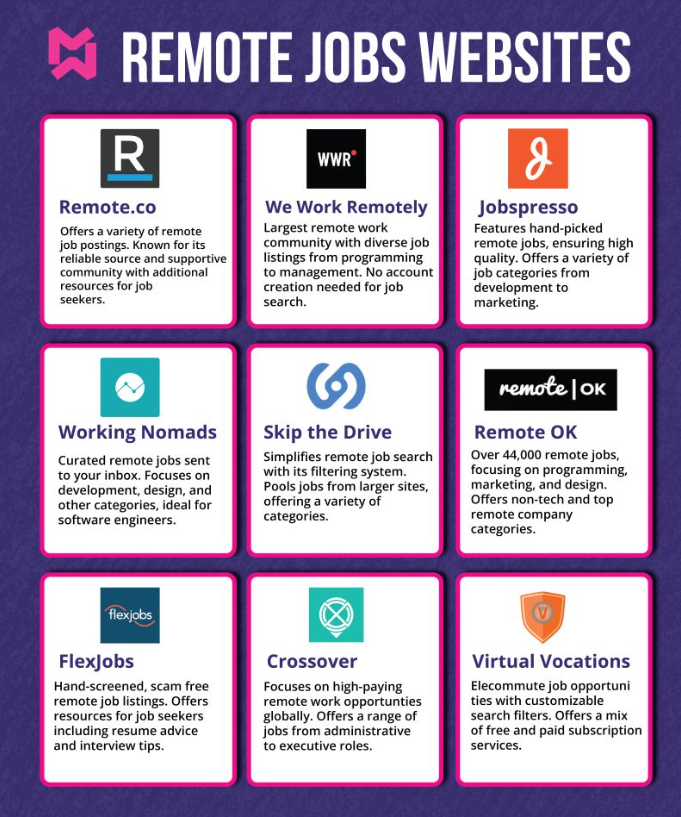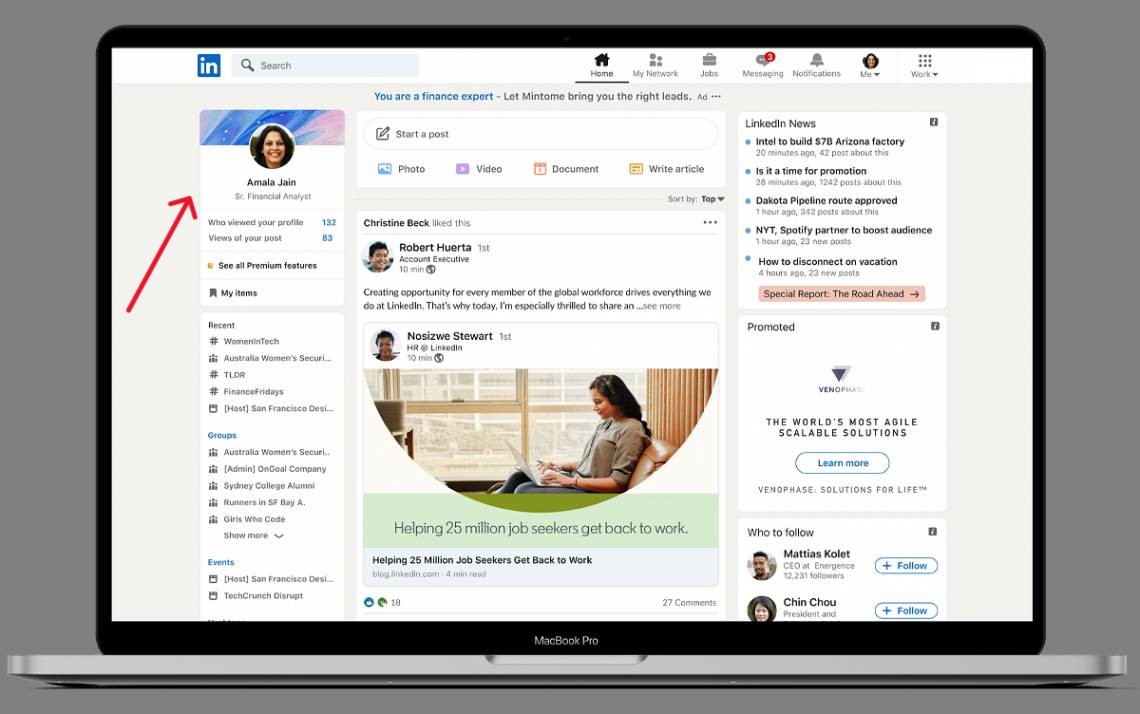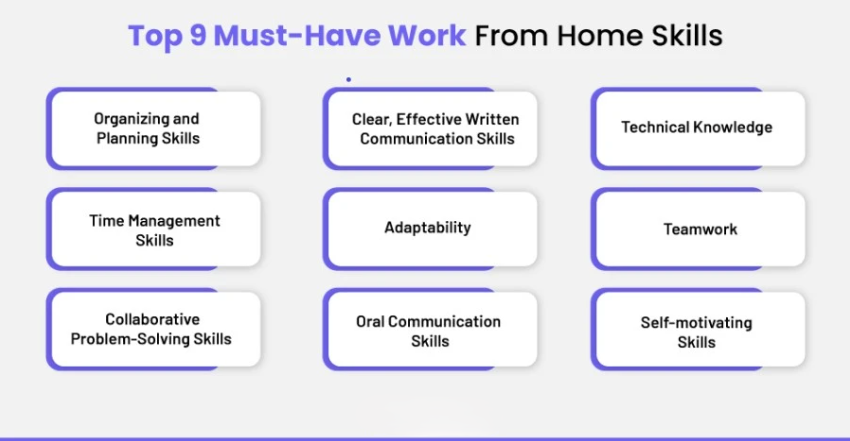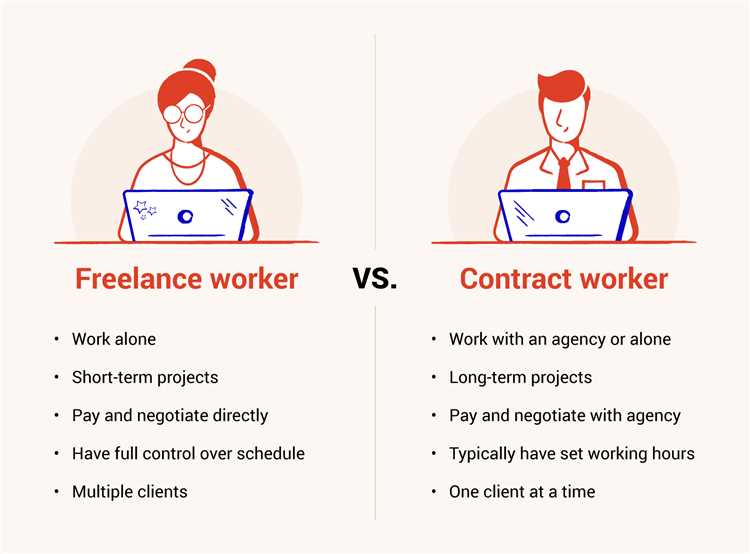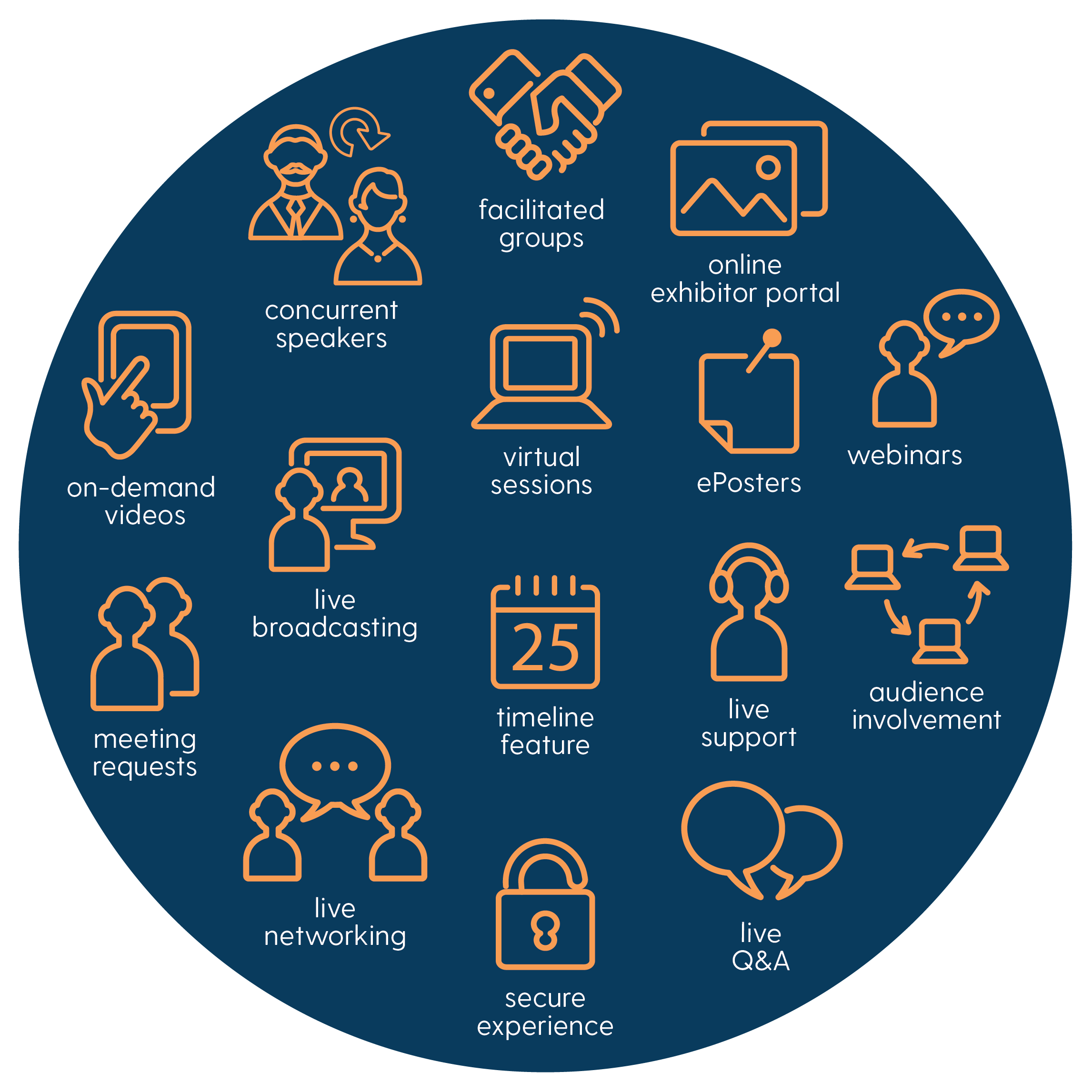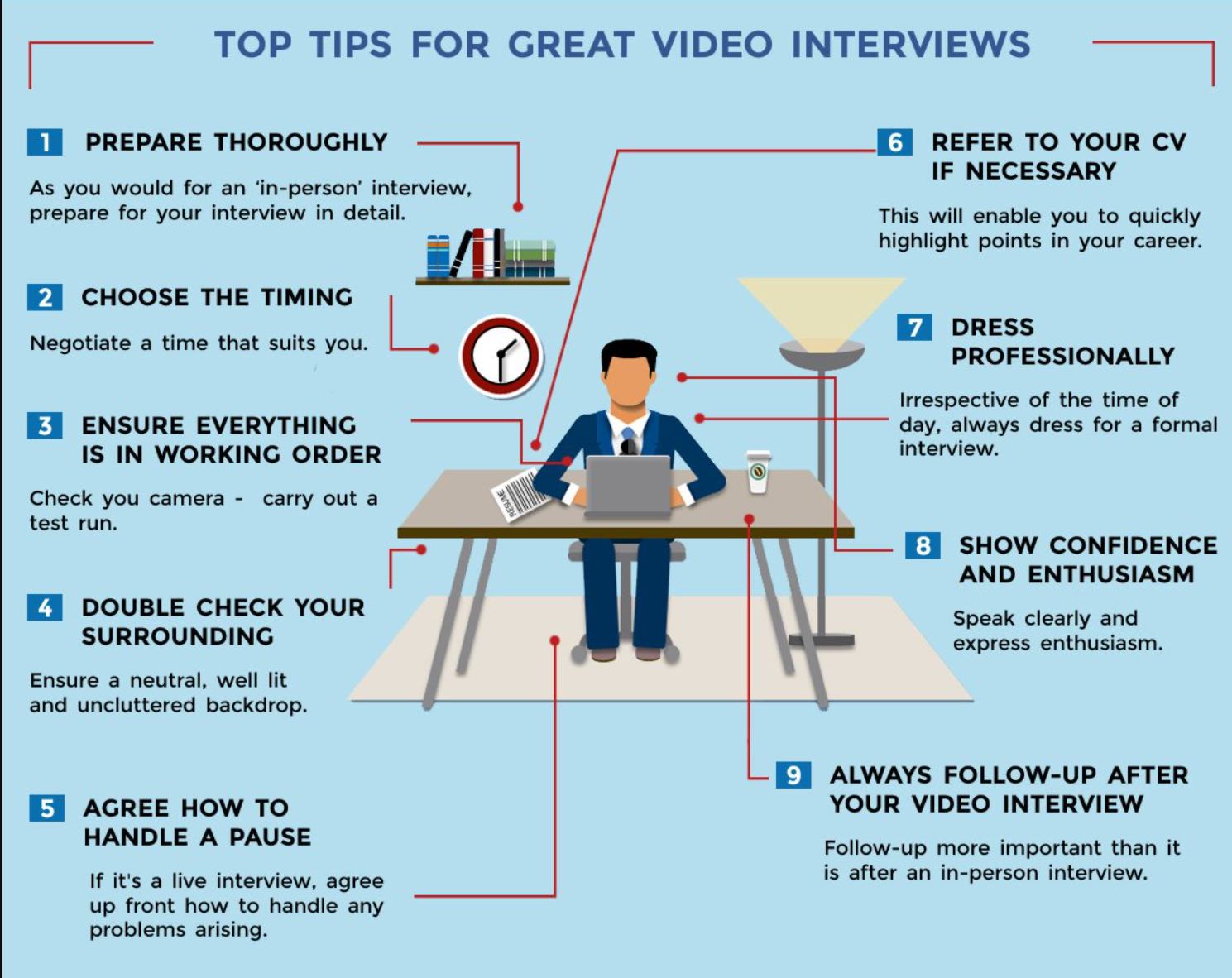Did you know there are at least 19 different terms used to describe remote work? This shows how the world of how to find remote jobs anywhere is growing. Technology and changing work norms have made global remote work positions a reality. If you want to travel, work from home, or skip the commute, learning about virtual job search is key.
This guide explores the many sides of remote work. It covers more than just data entry or customer service. There are jobs in almost every field for those who want to work from home. It focuses on trusted sites like FlexJobs and teaches how to avoid scams. This guide is full of remote job search tips to help you find your dream job.
Key Takeaways
- Master varied remote work terminology to uncover a breadth of opportunities.
- Diligently navigate the remote job market’s diversity, from full-time positions to freelance gigs.
- Learn the ropes of virtual interviewing, showcasing your digital prowess and professionalism.
- Utilize trusted job boards like FlexJobs and SolidGigs to avoid scams and find quality leads.
- Understand the realities of remote work, including both its advantages and potential drawbacks.
- Embrace qualities essential for remote professionals: self-motivation, discipline, and passion.
- Choose the right online platforms tailored to your job search to maximize outcomes.
Unraveling the Remote Job Market: Where To Begin
Starting your search for a remote job means diving into a wide world of opportunities. More people want flexible work, so more remote jobs are now available. These jobs are found in many industries, offering a lot of choices.
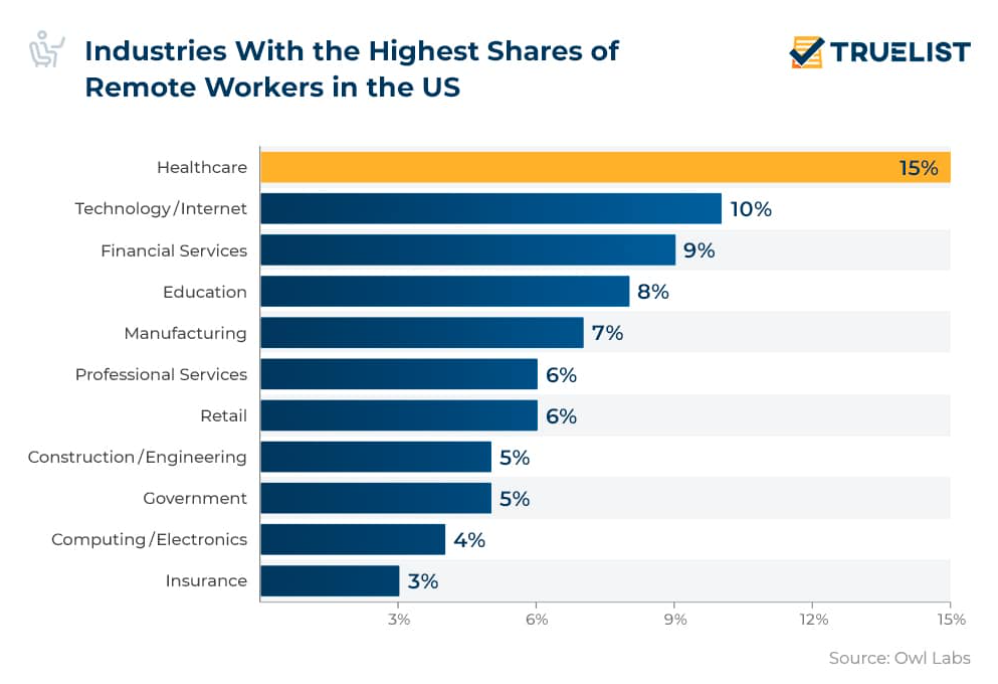
Identifying the Right Remote-Specific Job Boards
Looking for the right job boards is a crucial first step. Sites like FlexJobs and We Work Remotely are great places to start. They list many remote jobs from all over the world. These sites help you find jobs that match your skills and goals.
Understanding the Global Shift Towards Virtual Work Environments
The pandemic has made working from home more common. This change has changed how companies work. Now, many offer full-time remote jobs to hire people from everywhere. This change brings more diversity and lets businesses work constantly, regardless of time zone.
Deciding Between Freelance, Contract, and Full-Time Remote Opportunities
Choosing between freelance, contract, and full-time remote jobs is important. Freelancers and contractors get to work on different projects and with various companies. This is great for those who want to try new things and work with many clients.
On the other hand, full-time remote jobs offer stability and benefits like health insurance. They are good for those who want a steady job and to move up in their careers. Each option has its benefits, depending on what you need.
Success in the remote job market comes from being proactive, informed, and ready to change with the job market.
Mastering the Virtual Job Search: Keywords and Strategies
Starting your virtual job search? It’s important to know how the digital world works. Using the right keywords and learning how to search online can help. This makes finding remote jobs easier and more effective.
To succeed in today’s job market, you need to use specific terms. Words like “remote,” “telecommute,” “work from home,” and “virtual” can make your search better. They help you find jobs that offer remote work.
Knowing where to use these keywords is also key. Sites like FlexJobs are great for finding jobs in many fields. They focus on remote and flexible jobs, making it easier to find what you’re looking for.
Then there are sites like We Work Remotely that focus on tech and creative jobs. These sites are great for finding jobs and learning about companies in your field.
- Utilize job boards: Check out sites like FlexJobs and We Work Remotely. They’re made for people looking for remote jobs in different fields. You’ll find lots of job opportunities there.
- Leverage social media: LinkedIn, Twitter, and Facebook are more than places to connect with friends. They’re full of job listings, company news, and chances to network. Following companies that offer remote work can help your job search.
- Enhance online visibility: Make your LinkedIn profile stand out. Having a professional blog or an updated portfolio online shows you’re serious about remote work. This makes you more visible to potential employers.
- Network virtually: Join online groups and talk to people in your field. Going to webinars and virtual conferences can help you meet professionals and leaders. This could lead to job tips and insights into new job markets.
| Platform | Type | Focus Area | Benefits |
|---|---|---|---|
| FlexJobs | Job Board | Remote, Flexible Jobs | Curated Listings, Diverse Industries |
| We Work Remotely | Job Board | Tech, Creative Sectors | Wide Range of Opportunities |
| Social Media | Professional Networking | Job Postings, Network Building |
Getting into the remote job market with a plan and the right tools is key. It helps you find jobs now and prepares you for the future of remote work. So, use these tips and start your search. It’s a smart move in the world of remote jobs.
How To Find Remote Jobs Anywhere
Starting a location-independent job hunt can feel overwhelming, especially if you’re new to the job market. But don’t worry, there are many resources and strategies to help you find a remote job. These can make your search easier and more successful.
Using Online Tools and Resources Effectively
Start by using big job search engines like LinkedIn, Indeed, and Glassdoor. They have lots of remote job listings you can filter by. Sites like FlexJobs, Remote.co, and We Work Remotely focus on remote work. They connect you with thousands of jobs all over the world.
Embracing Location-Independent Job Hunt Techniques
Remote jobs value what you achieve, not just how long you work. It’s important to show you can manage tasks well. You might even ask your current job if they offer remote work. This could give you flexible work without changing jobs.
Filtering Opportunities to Align with Personal and Professional Goals
Look for jobs that fit your work style and goals. Check the company’s culture, career growth, and support for remote workers. Look at their careers page for remote work policies. Sites like Jobspresso and Remote OK help by organizing jobs by type and level of experience.
| Resource | Description | User Base |
|---|---|---|
| We Work Remotely | Connects users with telecommuting opportunities globally. | 130,000 monthly users |
| Remote.co | Curates a wide range of remote jobs searchable by job type. | Various worldwide users |
| FlexJobs | Offers over 50 categories of remote work with vast WFH and digital nomad options. | 100,000+ job postings |
| Arc | Focuses on connecting remote and freelance talent with global employers. | International reach |
Looking at the top places to find a remote job online and using these tips will help you find great remote work. This work should match your lifestyle and career goals.
Digital Presence: Creating an Attractive Online Portfolio
As more people work from home, having a strong online presence is key. A great online portfolio shows off your skills and helps you find work from home. It’s important whether you want freelance jobs or full-time work. How you present yourself online can make a difference.
First, make sure your LinkedIn profile is perfect and current. LinkedIn is a top site for finding remote work. Make sure to highlight your remote work experience with clear descriptions and achievements.
Also, think about having a personal website or blog. This is great for showing off your skills in unique projects. You can add videos, testimonials, and case studies to show your impact.
| Platform | Purpose | Best For |
|---|---|---|
| Professional networking and visibility | Networking, job applications | |
| Personal Website | Showcasing diverse projects and personal brand | Creative fields, freelancers |
| Behance | Portfolio display for creative work | Designers, illustrators |
| Dribbble | Connecting designers with opportunities | Graphic designers, web designers |
Creating an online presence is more than just posting your resume. It’s about showing your professional story strategically. Use LinkedIn, blogs, or sites like Behance and Dribbble to connect with employers and clients. Remember, the best sites for finding remote work let you show off your skills and draw in the right opportunities.
Remote-Ready Skills That Set You Apart
To do well in high-paying remote jobs online, you need to have certain skills. When you look at remote work job listings or check out remote job websites, you’ll see lots of competition. To stand out, you need to be good at a few key areas.
Developing Time Management and Self-Motivation
Being good at managing your time and motivating yourself is key in remote jobs. Being able to manage yourself well means you can work well on your own. This is very important for remote jobs. It means you can set priorities, meet deadlines, and stay focused without the help of an office.
Effective Digital Communication and Collaboration
Being able to communicate and work together online is what remote work is all about. Knowing how to use tools like Slack, Microsoft Teams, and Zoom helps you work well with your team. These skills help you overcome problems like working across different time zones and not being in the same room as your coworkers.
Remote Work Technology Proficiency: Tools and Platforms to Know
Many digital tools are key to remote work. Knowing about project management software like Monday.com or Nifty, and communication tools like Skype and Google Meet, will make you stand out when applying for remote jobs. Here is a list of some important tools and skills for web-based roles:
| Job Role | Tools and Technologies | Skills | Average Hourly Earnings |
|---|---|---|---|
| Web Developer | HTML, CSS, JavaScript | Coding, Debugging | $50,000 – $100,000 yearly |
| Web Designer | Adobe Suite, Sketch | Visual Design, User Interface | $20 – $50 per hour |
| UX Designer | Figma, InVision | User Research, Prototyping | $20 – $60 per hour |
| Digital Marketing Specialist | Google Analytics, SEMrush | SEO, Content Strategy | $20 – $50 per hour |
| Social Media Manager | Buffer, Hootsuite | Content Creation, Audience Engagement | $25 – $50 per hour or $50,000 – $100,000 annually |
The remote job market is growing, and to stand out, you need to do more than just keep up with digital trends. Embrace these technologies and improve these skills to boost your career and get into high-paying remote jobs online.
Work From Home Opportunities: Tapping Into Freelance and Contract Jobs
If you’re looking for a remote job with no experience, consider the many freelance opportunities available. With 95% of workers wanting some remote work, the market is perfect for those new to the job scene. Freelance and contract jobs can be great first steps toward finding a permanent remote job.
Using websites focused on freelance work can help you find jobs. Sites like FluentU and Static Media offer many job listings for people all over the world. These sites also provide tips to help you stand out in your job applications.
Remember, every task you complete and every project you finish well can help build a portfolio. This portfolio can open doors to more remote work opportunities in the future.
- Look for freelance jobs that match your skills or ones you can learn quickly.
- Focus on sectors that offer contract jobs you can do from anywhere, widening your job search.
- Keep your online profile and portfolio updated with your latest work and client feedback.
Companies like Kraken and Chainlink Labs are big on hiring remote workers. With these companies among the Top 30 for work-from-anywhere jobs, getting a job without experience is more possible. Just make sure your job search matches these trends and opportunities.
| Job Type | Learning Curve | Monetary Potential | Time Investment |
|---|---|---|---|
| Freelance Writing | 2/5 | 4/5 | 1/5 |
| Podcasting | High | Varies (High if successful) | Medium to High |
| Blogging | 2/5 | 3/5 | 4/5 |
| Social Media Consulting | 2/5 | 2/5 | 3/5 |
| Info-Product Creation | 4/5 | 5/5 | 3/5 |
Freelance writing and blogging need a bit of learning at first but can pay well with little time needed. These jobs can make your resume stronger and improve your skills for a full-time remote job later.
Networking in the Digital Age: Building Your Virtual Community
In today’s fast-changing work world, learning how to network online is key, especially for remote jobs. The internet gives us many ways to make professional connections that can boost your career. Use these tips to become a successful digital nomad and improve your search for telecommuting jobs.
Understanding the Power of Social Media in the Remote Job Search
Sites like LinkedIn are key for finding remote jobs. They let you connect with leaders in your field and join groups about remote work. These groups make you more visible and can lead to new job chances and partnerships that aren’t listed elsewhere.
Joining Online Groups and Forums for Greater Visibility
Slack groups and forums for specific careers are great for digital nomads. They’re places to share tips, get support, and find new ways to search for jobs online. By asking questions, sharing stories, or giving advice, you make your online presence stronger.
Engaging in Virtual Networking Events and Conferences
More online events for remote work are happening, giving you a chance to network more. These events let you meet leaders and innovators in your field. They’re great for sharing ideas and strategies that can help you find remote jobs. Being active can lead to job tips or news about new jobs.
| Platform | Function | Benefits to Remote Job Seekers |
|---|---|---|
| Professional Networking | Connects with professionals and companies, increases visibility, and accesses unlisted job opportunities. | |
| Slack Groups | Community Building | Offers a platform for daily interaction, support, and sharing job opportunities among remote workers. |
| Remote Work Conferences | Event Networking | Facilitates meetings with industry leaders, provides insights into the remote work market, and exposes attendees to potential employers. |
Using these strategies can boost your chances of finding good telecommuting jobs. It also helps you stand out as a digital nomad in a tough job market.
Curating Your Application: A Tailor-Made Approach
When looking for remote jobs, it’s key to make your application stand out. With more people wanting remote work, it’s vital to tailor your job applications. Making your resume and cover letter fit remote jobs can help you get noticed.
Start by making your resume and cover letter for each job you apply for. Show off your skills for remote work, your experience with online tools, and how you work well on your own. Remember, sites like FlexJobs and RemoteOK have lots of remote jobs to choose from. They can help you make your applications better.
Look for the best remote job platforms that match your skills and what you’re looking for. For example, FlexJobs has many types of remote jobs. We Work Remotely is great for tech jobs, which might be perfect if you’re in that field.
| Platform | Focus Area | Unique Features |
|---|---|---|
| FlexJobs | General Remote Jobs | Pre-screened listings across 50 categories |
| RemoteOK | Diverse Industries | Robust search filters and real-time remote work trends |
| We Work Remotely | Technology Jobs | Community resources and 2.5 million monthly visitors |
Use online networking to connect with professionals in your field. Sites like LinkedIn offer remote jobs and help you make your profile more visible. This can lead to endorsements that prove your skills and readiness for remote work.
Remote jobs are still on the rise, and making your application stand out is key. Use the right keywords, highlight your remote experience, and pick the best platforms. This will help you connect with the best remote job listings.
Always keep your application materials updated with the latest remote work trends. This shows you’re serious about growing in your career. With time and effort, you’ll find the right remote job.
Remote Job Interview Techniques: Sealing the Deal
Remote work is changing the job world. If you’re looking for remote jobs, learning how to do well in virtual interviews is key. We’ll share tips and strategies to help you do great in remote job interviews. This will help you show off your skills and handle any challenges that come up.
Virtual Interview Setup and Best Practices
How you set up your tech can affect your interview performance. Make sure your internet is stable, you look good on camera, and your background is clean. Get familiar with platforms like Zoom or Skype by practicing with mock interviews to improve your virtual interview skills.
Communicating Your Remote Work Competency and Experience
Talking well in your interview is more than just answering questions. It’s about showing you’re right for a remote job. Talk about how you manage your time, get things done with little supervision, and use digital tools to work with others. These skills are important because 85% of employers value them a lot in remote job candidates.
Navigating Common Remote Interview Questions
Be ready for remote job interview questions that check if you’re ready for remote work. You might be asked about your home office setup or how you handle challenges while working from home. Employers want to know how you adapt and solve problems, which is common in remote work.
Here’s a table to help you prepare. It shows key virtual skills and what skills to talk about in your interview:
| Virtual Competency | Skills to Highlight |
|---|---|
| Communication | Clear emails and messages, good at using video conferencing tools |
| Time Management | Using task management software, setting priorities |
| Problem-solving | Examples of past challenges and how you solved them, creative solutions |
| Adaptability | Being flexible with project changes or team dynamics |
| Technical Proficiency | Knowing remote tools (like Slack, and Trello), fixing common issues |
Keep these interview tips for remote jobs in mind for your next interview. You’ll feel ready to talk about and show how you can do well in a work-from-home job. Use these tips and advice to stand out and get your dream remote job.
The Bottom Line (How To Find Remote Jobs Anywhere in 2025)
Our journey into finding remote work internationally shows how telecommuting has changed our careers. The rise in freelancing and digital nomadism proves remote work has opened new doors for many. Now, you can choose from full-time remote jobs to hybrid models, making work-life balance easier than ever.
To secure remote jobs, you need to be proactive. A strong digital presence, like a great LinkedIn profile, helps you stand out. Use job boards like Remote.co and FlexJobs to find international telecommuting jobs. But, be careful to avoid online scams by checking job listings carefully. Also, make sure your tech is ready for remote interviews to make a good first impression.
Whether you’re into Software Development or Digital Marketing, there are many roles out there. Surveys by PwC and IBM offer insights into remote work’s challenges and trends. The advice from SIOP’s Annual Conference stresses the importance of empathy and trust in remote jobs. With the right strategy, the telecommuting jobs world is yours to explore. It offers technology, flexibility, and a chance to improve both your career and personal life.
FAQs – How To Find Remote Jobs Anywhere in 2025
How do I start my search for a remote job?
Start by checking out remote job boards like FlexJobs and We Work Remotely. These sites offer jobs in various fields. Also, use LinkedIn and search for jobs with keywords like “remote,” “telecommute,” or “work from home.”
What has led to the increase in remote job opportunities?
The COVID-19 pandemic has made remote work more popular. This has shown that many jobs can be done from anywhere. Now, more employers offer remote jobs worldwide.
Should I choose freelance, contract, or full-time remote work?
It depends on what you want from your job. Freelance and contract jobs give you more freedom. Full-time remote jobs offer steady work and benefits. Think about what fits your life and career goals.
What online tools and resources can help me find remote jobs?
Use job boards like Glassdoor and Indeed for company info and salaries. Join groups on social media, Slack, and Reddit for support and job tips.
How can I demonstrate my readiness for remote work in my application?
Show you can manage your time and communicate well online. Know about tools like Basecamp and Asana. Mention any experience with these tools in your resume and cover letter.
What remote work skills should I develop to stand out to employers?
Improve your time management, motivation, and online communication skills. Learn about tools like Basecamp, Asana, Slack, and Zoom. These skills are key for remote work success.
How can I find a remote job with no experience?
Look for freelance or contract jobs to get experience. Use freelance job boards and show your skills and eagerness to learn. This can help you move to a permanent remote job later.
How do I use social media in my remote job search?
Follow companies and influencers that offer remote jobs. Join LinkedIn groups and take part in Twitter chats in your field. Share your work and network to find jobs that aren’t advertised.
How should I tailor my resume for a remote job application?
Make your resume and cover letter highlight your remote work skills. Include any past remote work or skills that apply. Focus on how you can help the company work remotely.
What are the best practices for a remote job interview?
Make sure you have a quiet, professional space for your interview. Test your equipment first. Talk about how you handle remote work, stay productive, and use online tools. Practice answering common remote job interview questions.



